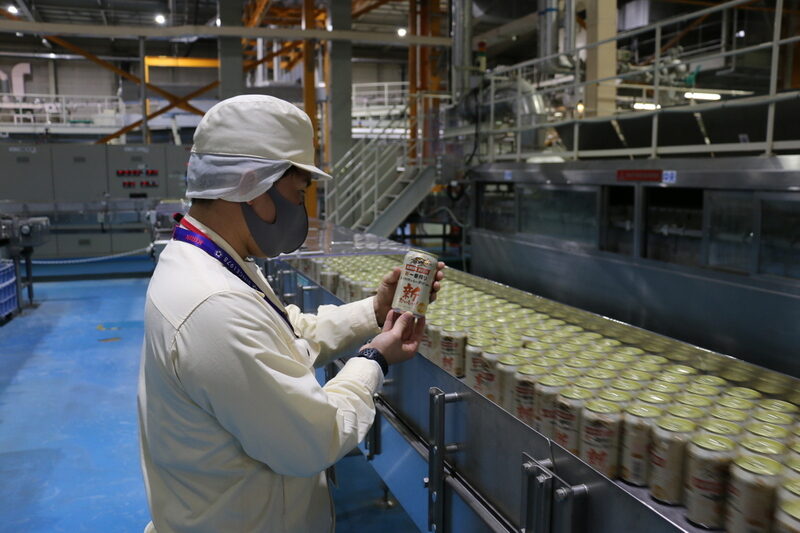Kirin Holdings’ long-term GHG reduction target approved by Science Based Targets initiative


Kirin brewery brewing facilities
Image: Kirin
Kirin Holdings has been approved as the first world company in the food and beverage processing sector with science-based net-zero targets validated by SBTi in July 2022. The SBTi is an international initiative jointly established in 2015 by CDP, the UN Global Compact, the World Resources Institute (WRI), and the World Wide Fund for Nature (WWF).
The Kirin Group’s long-term GHG reduction target, “realizing net-zero GHG emission from the entire value chain by 2050” was set out in the Kirin Group Environmental Vision 2050 and was certified as a scientifically based goal consistent with the level of GHG emission reductions required by the Paris Agreement.
Kirin Holdings, with the aim of becoming “a global leader in CSV”, have declared its goal of achieving net-zero emissions by 2020 under the Kirin Group Environmental Vision 2050 and have formulated a roadmap for achieving the goal, which went into operation in January 2022.
A sense of crisis was shared around the world on the issue of climate change in the wake of the 2015 Paris Agreement, the 2018 IPCC 1.5°C Special Report reported that global warming from pre-industrial times must be limited to 1.5°C and GHG emissions must be reduced to net zero by around 2050. In order to achieve the common global long-term goal around global warming, many companies in the world have set “2050 Net Zero” targets.
However, since there is no common standard for corporate net-zero targets, the scope of GHG emissions to be covered, the means to achieve net-zero, and the level of GHG reductions differ, and thus a divergence from the target needed to limit global warming to 1.5°C has been pointed out.
In response to this flurry of net-zero targets, the SBT Initiative developed the “Net Zero Standard” in October 2021. This standard stipulates that in order to limit global warming to 1.5°C, companies must reduce GHG emissions by at least 90% across their value chains by 2050, and the net-zero can be achieved by removing the remaining 10% of GHG emissions from the atmosphere.
In order to achieve The Kirin Group’s long-term goal, Kirin Holdings has set a mid-term target for 2030 (to reduce the total of Scope 1 and Scope 2 for the entire group by 50% and Scope 3 by 30% by 2030 compared to 2019), and is promoting GHG reduction in the value chain with the technological capabilities it has cultivated over the years.
For Scope 1 and Scope 2, Kirin has installed heat pumps at six Kirin Brewery breweries in Japan, utilising its plant engineering capabilities to reduce GHG emissions by approximately 3,800 tons per year. In terms of Scope 3, Kirin is expanding the use of “R100 PET bottles” made of 100% recycled PET resin, and is rolling them out for some of its Kirin Nama-cha brands.
With the goal of achieving net zero emissions by 2050, Kirin Holdings will continue to work toward the Kirin Group Environmental Vision 2050, which aims to strengthen the resilience of society and the company, and to lead the way toward the creation of a decarbonised society.
Related content
Source: foodanddrinktechnology.com

